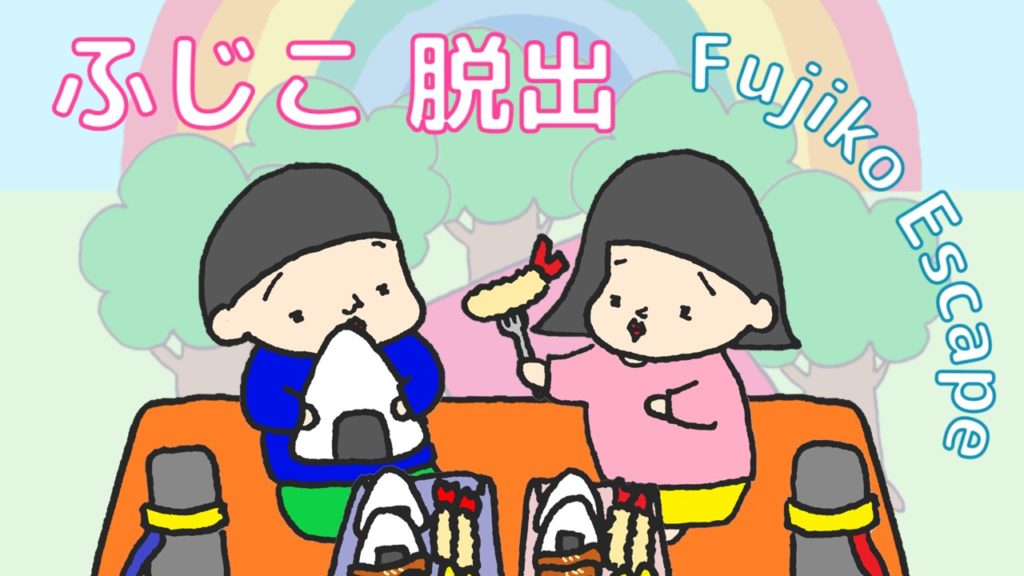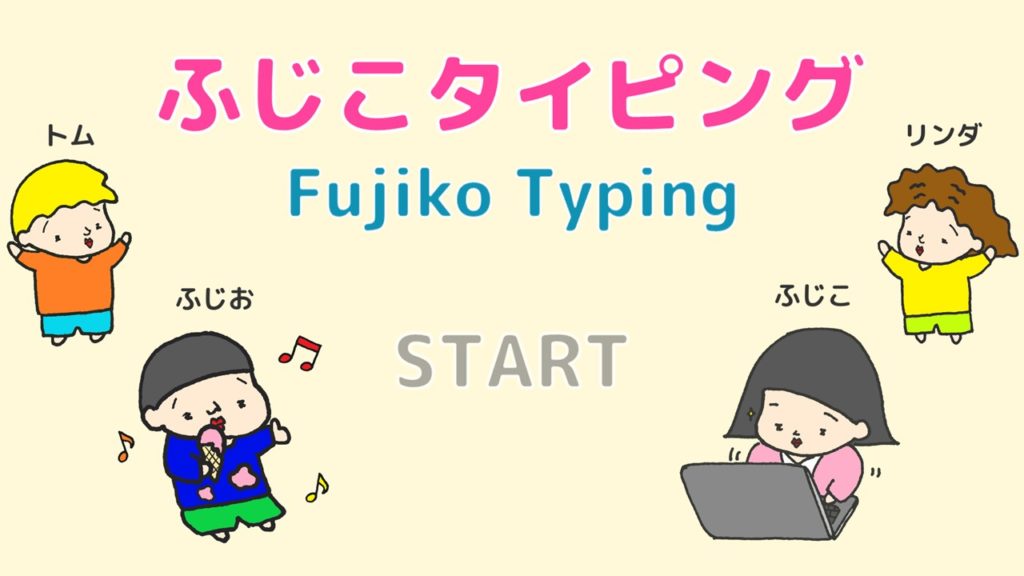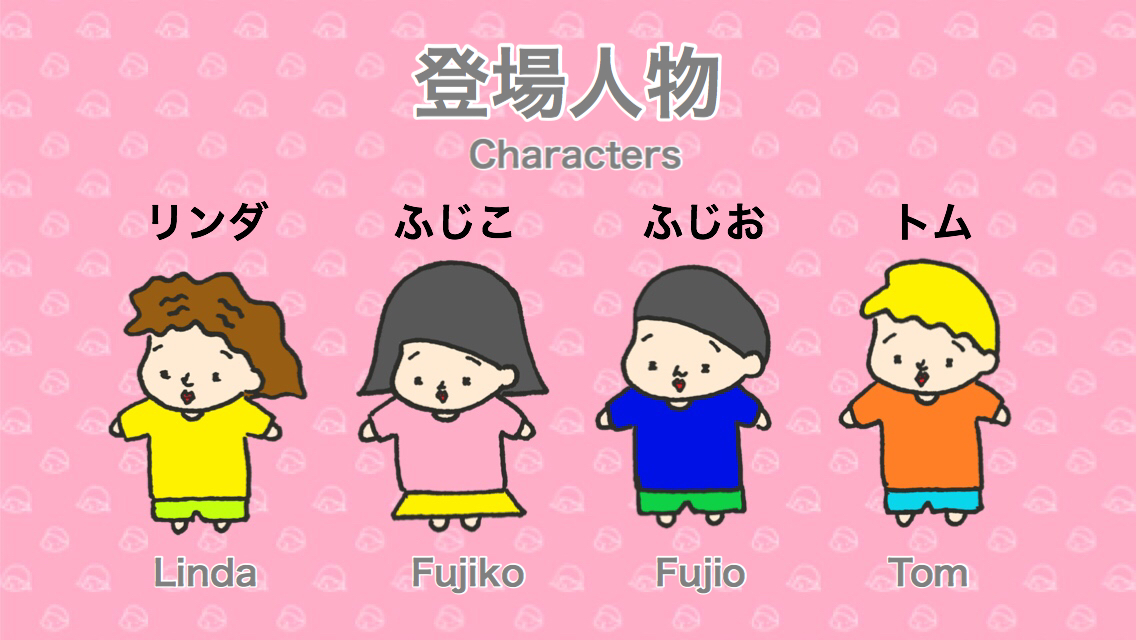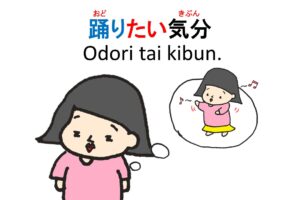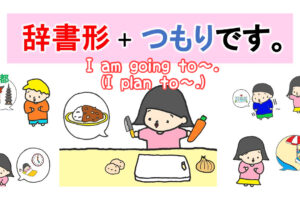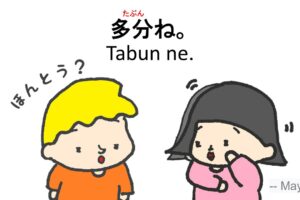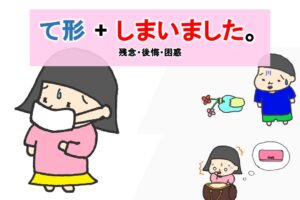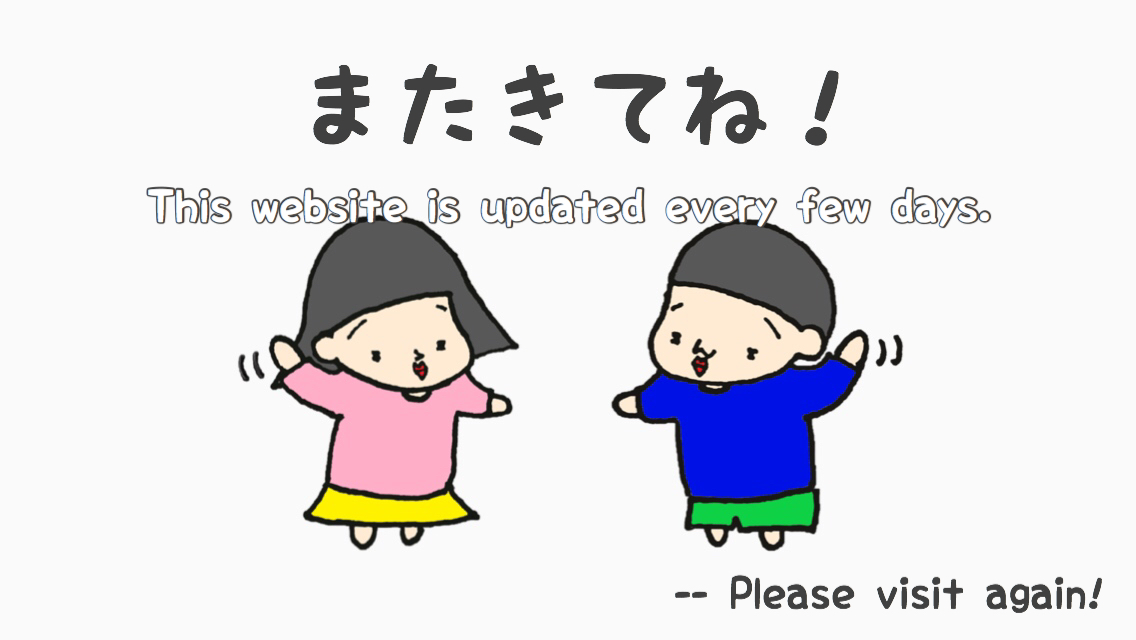= This lesson =
いる/ある iru/aru
います/あります imasu/arimasu
(There is/There are)
肯定・否定文(positive/negative sentence)
過去肯定・過去否定文(past positive/past negative sentence)
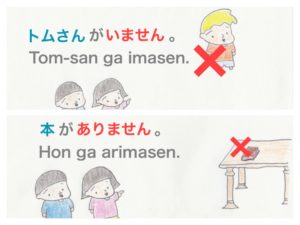

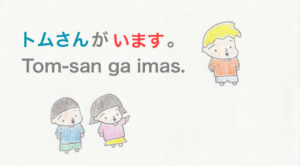
肯定(positive)
トムさんがいます。
Tom-san ga i-masu.
— There is Tom.
否定(negative)
トムさんがいません。
Tom-san ga i-masen.
— There is not Tom.
過去肯定(past positive)
トムさんがいました。
Tom-san ga i-mashita.
— There was Tom.
過去否定(past negative)
トムさんがいませんでした。
Tom-san ga i-masen deshita.
— There was not Tom.

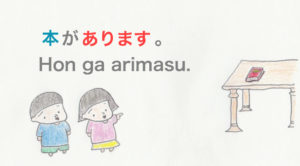
肯定(positive)
本があります。
Hon ga ari-masu.
— There is a book.
否定(negative)
本がありません。
Hon ga ari-masen.
— There is not a book.
過去肯定(past positive)
本がありました。
Hon ga ari-masita.
— There was a book.
過去否定(past negative)
本がありませんでした。
Hon ga ari-masen desita.
— There was not a book.


